Derivatives of the Black-Scholes equation give us delta, IV, and other "greeks" for each individual options contract ( aka the equations to derive implied volatility for an option are very easy to come by ).
Question:Q1: How do brokerages combine the IV readings of all the individual options in a chain for an expiration cycle, weigh them properly, account for things like Volatility skew, and come up with an overall implied volatility for the expiration that represents the Implied volatility of the entire chain?
Q2: Are there any common methodologies?
